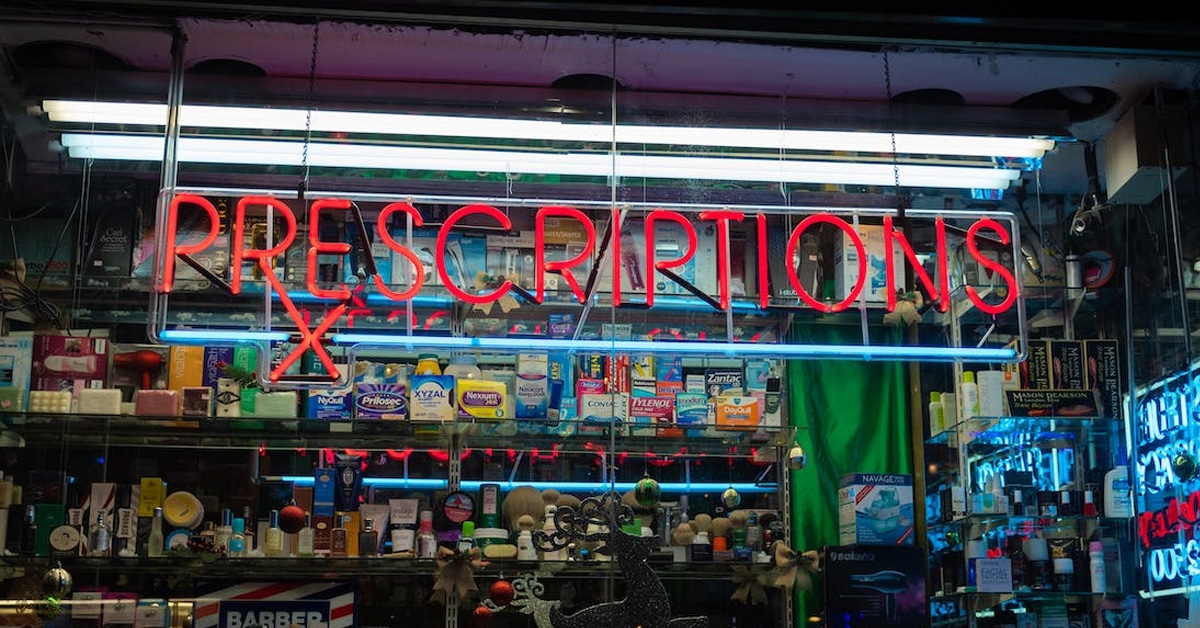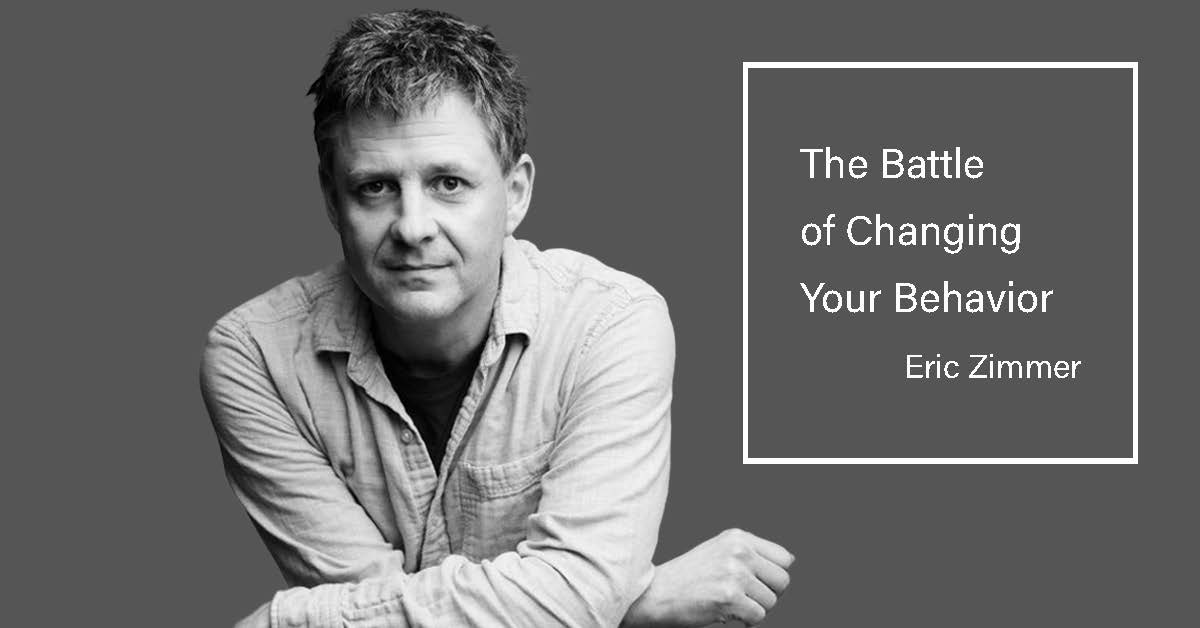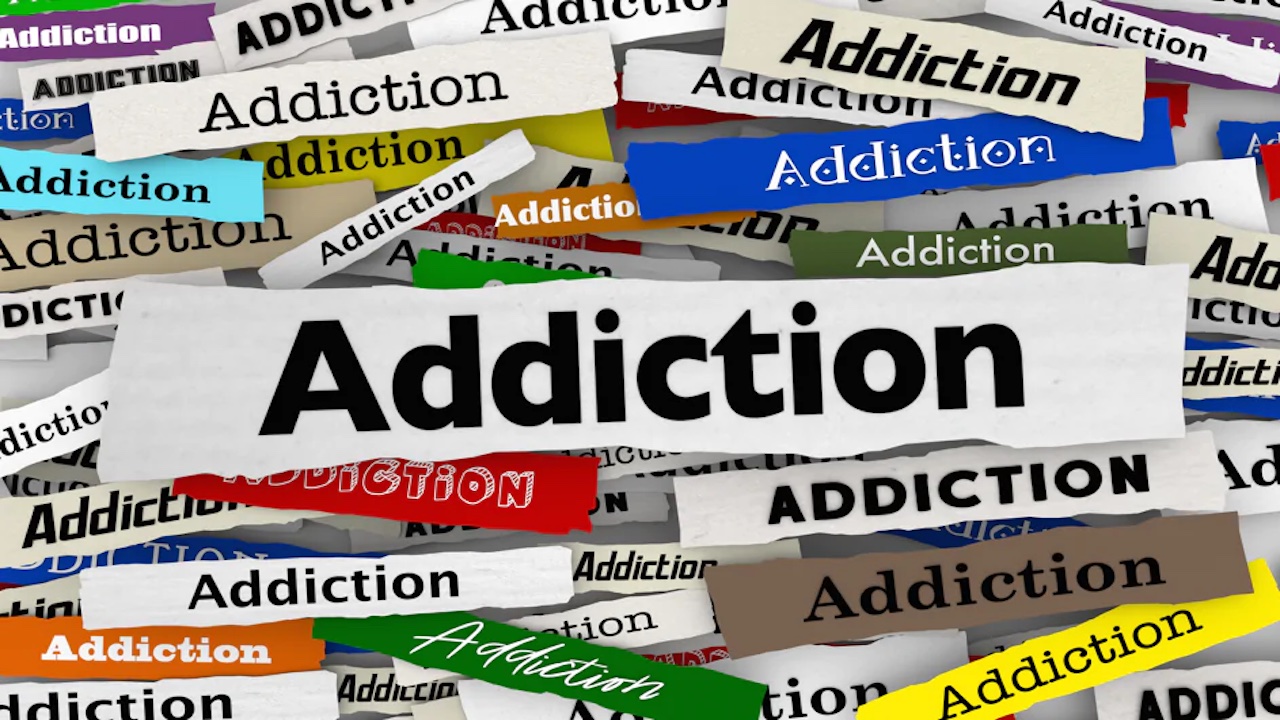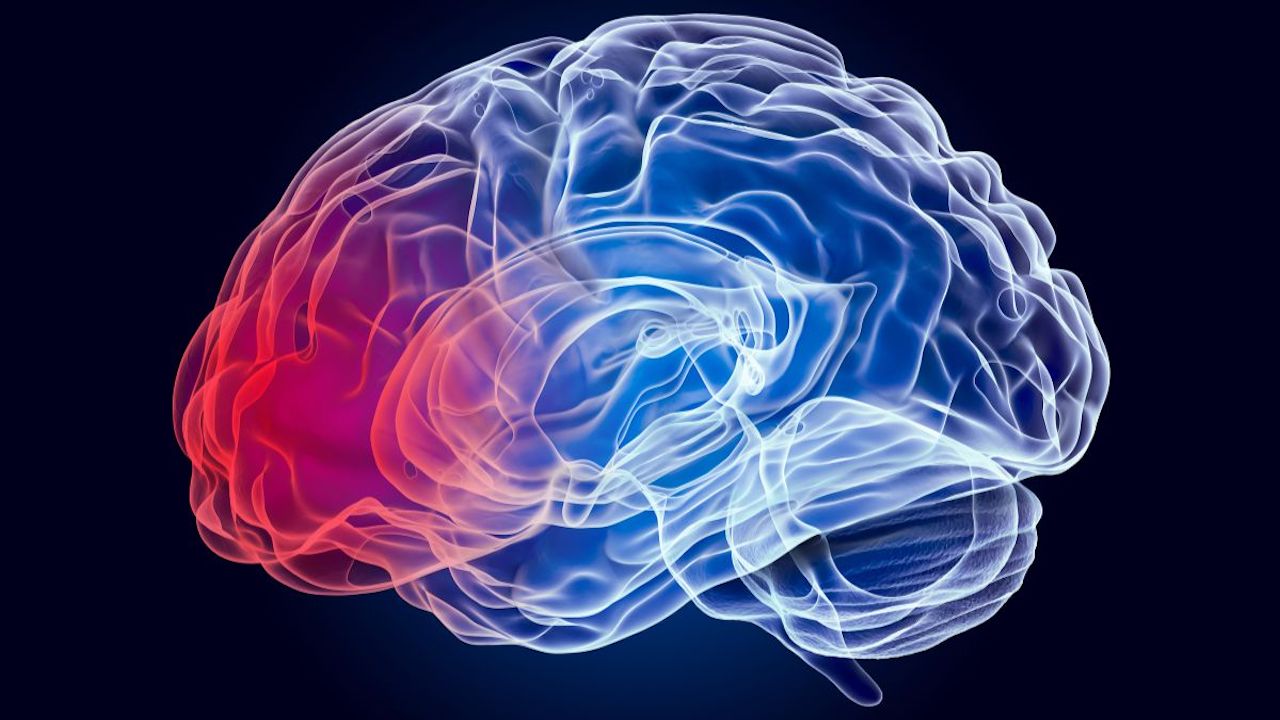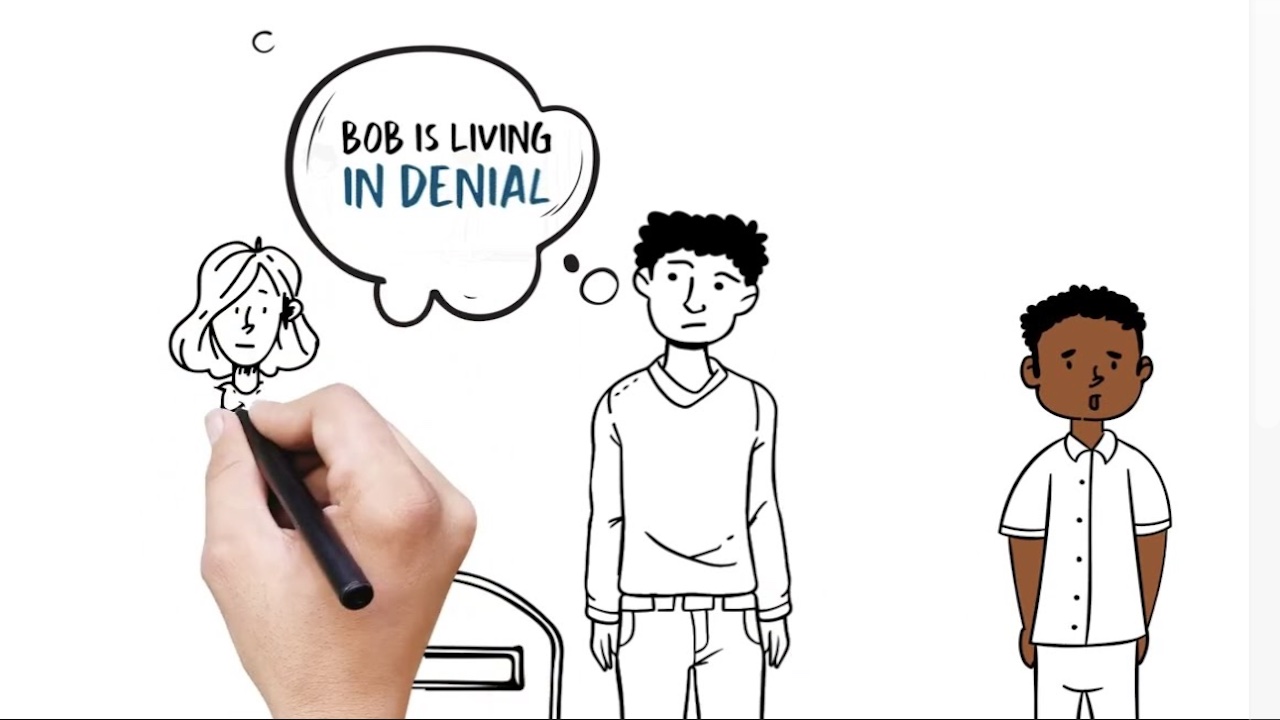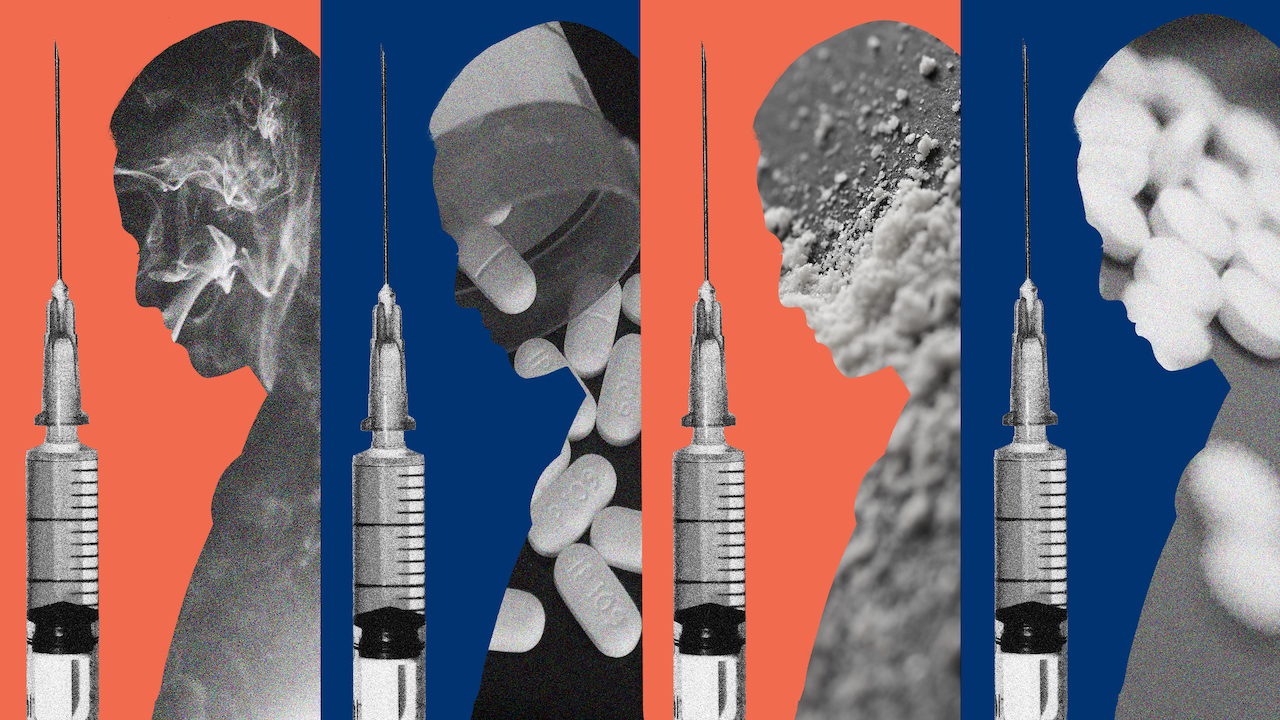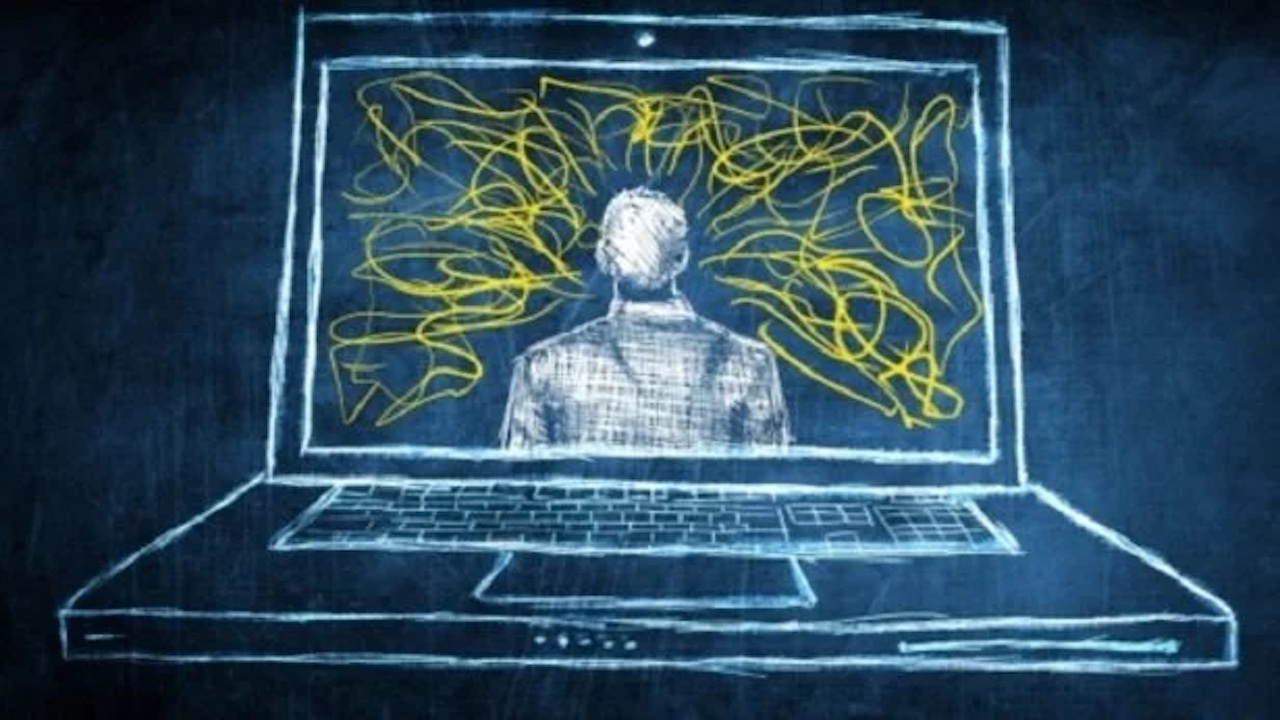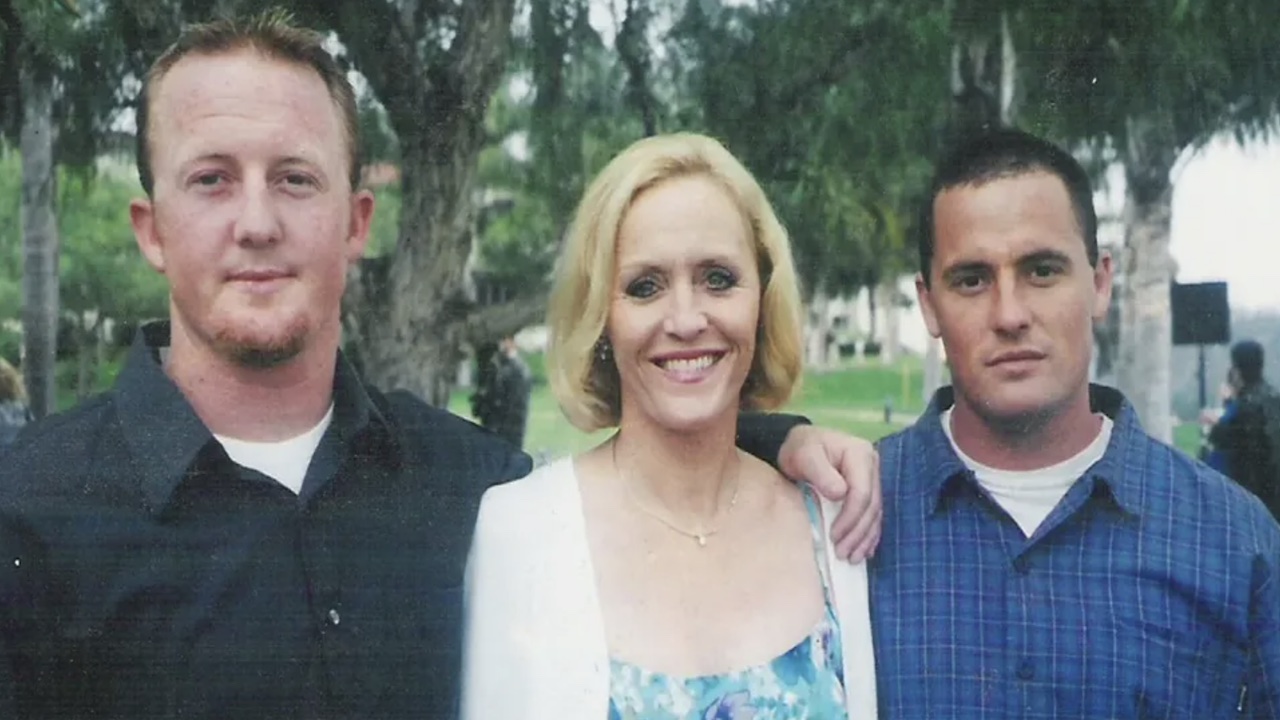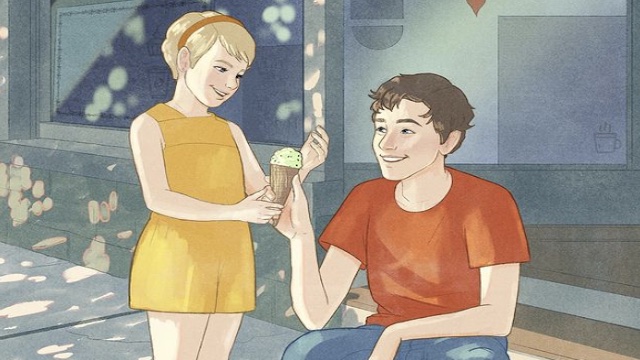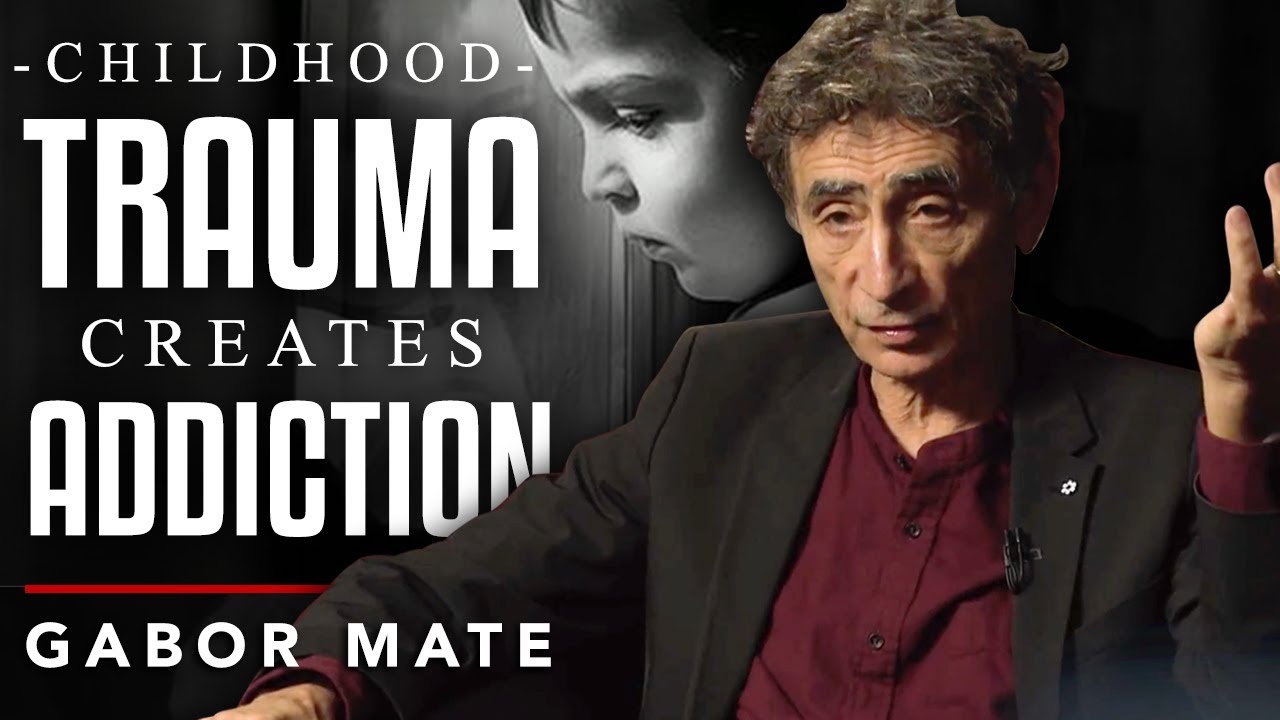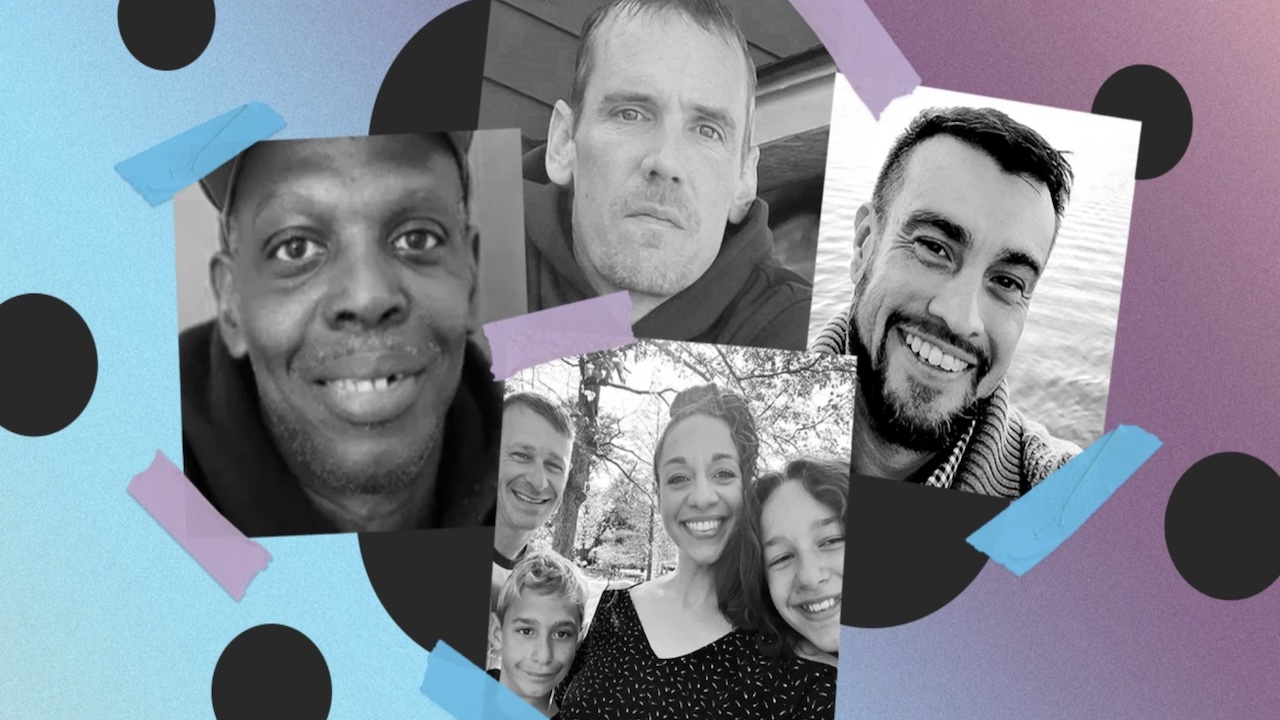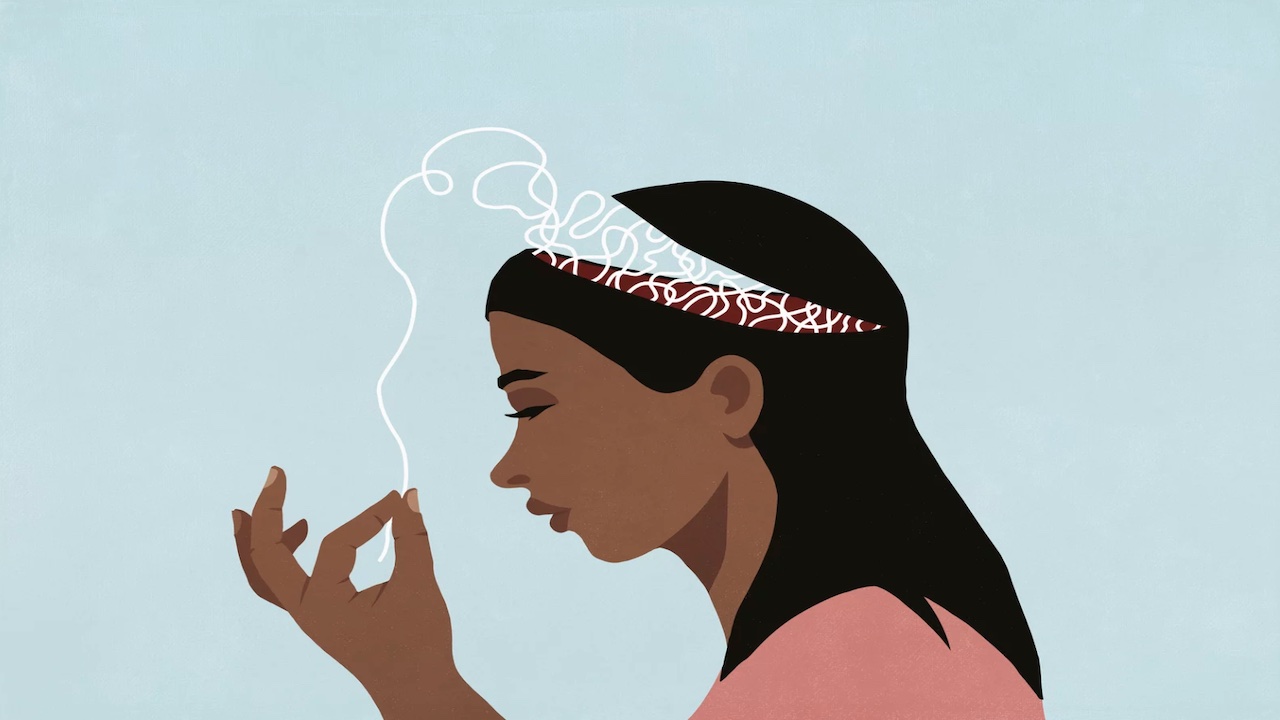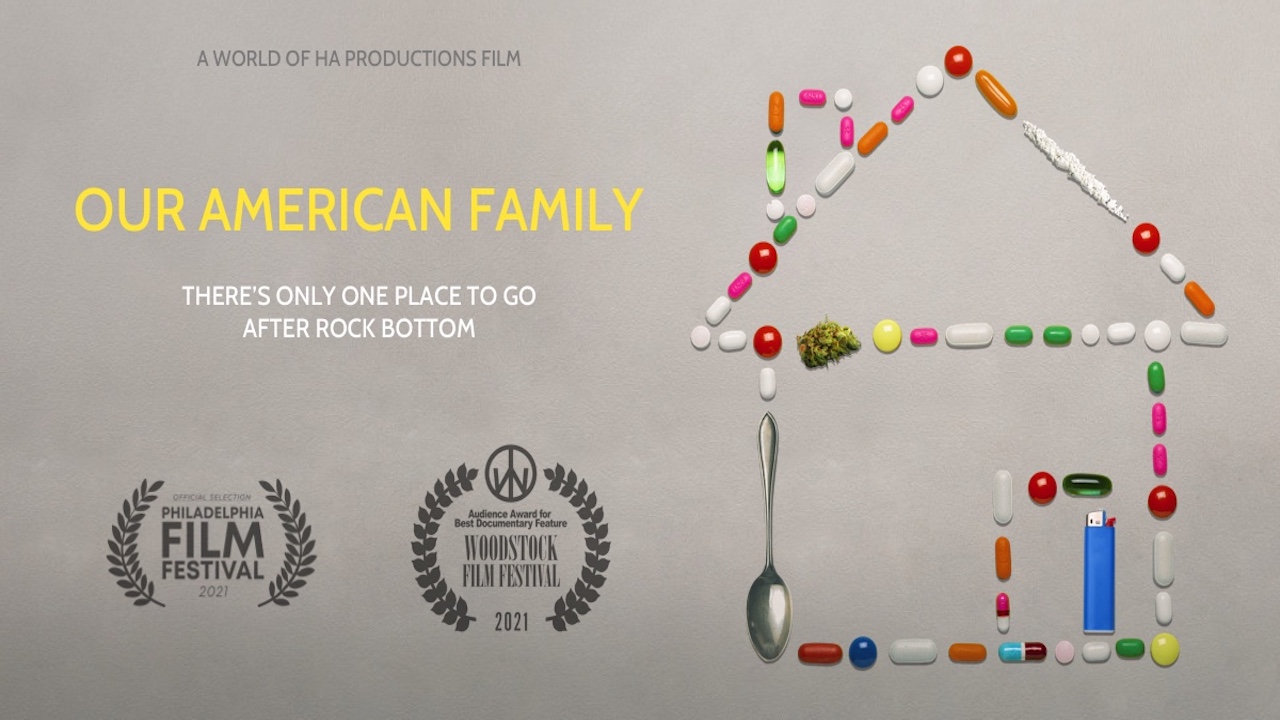What’s News Blog
Latest Allies in Recovery News
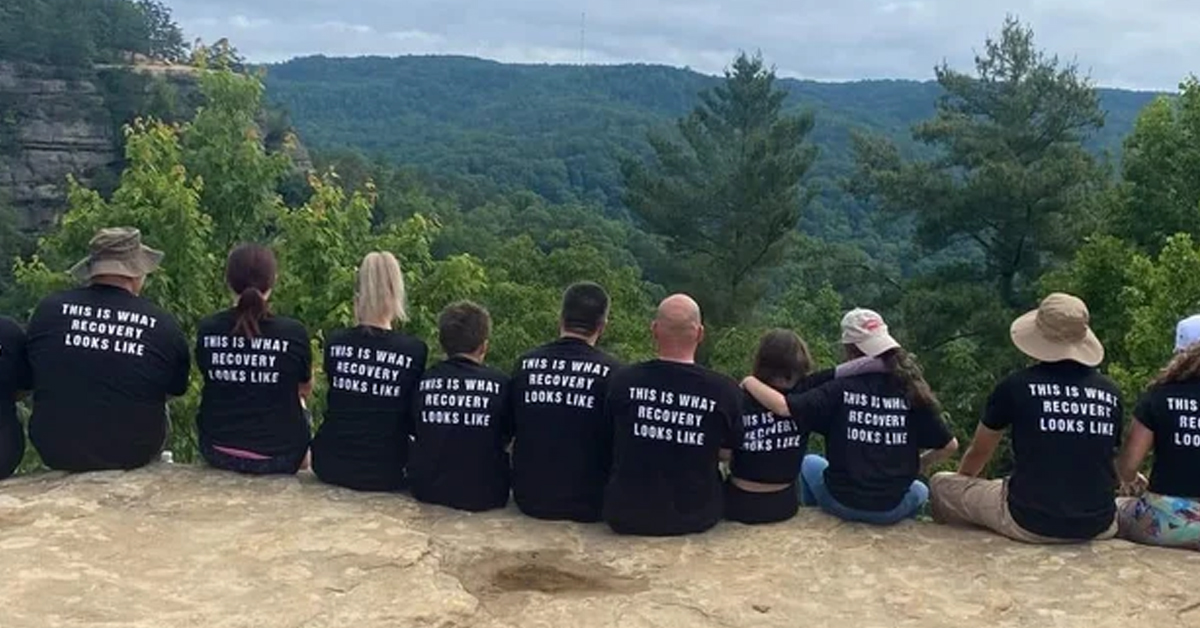
Federal Aid Cuts Are Already Hurting Addiction Care Nationwide, With Much Worse To Come
There’s never been a better time to contact your representatives.
What’s News Posts
White Patients Receive Opioid Addiction Medication at More Than Twice the Rate of Black Patients
In a new report, the New England Journal of Medicine reveals that Black and Native American patients struggling with opioid use were less than half as likely to be prescribed a crucial treatment medicine as White patients. The reasons are numerous, but many stem from what the reports’ authors call “the racial segregation of healthcare” in the United States.
Bromazolam, Delivered By Mail, Is Killing Canadians in Startling Numbers
Over 20,000 Canadians have died of opioid-related causes since 2020. Many of these deaths involved opioids mixed with Bromazolam or similar illicit sedatives—and most, it appears, reach users via Canadian mail. Until that pipeline can be shut down, awareness may be the best protection families can hope for.
Lessons From Risk (the Board Game) May Help You Change Your Life
Eric Zimmer barely survived his twentieth year, when his struggle with heroin was at its worst. In this TED talk, he looks back on the choices he made and strategies he developed that supported his full recovery. Don’t worry if you’ve never played Risk! Eric’s presentation lays it all out clearly.
New Data Proves It: You’re Not Alone
A Pew Research Center survey gives us another sharp statistical window on substance use in America. Its findings may surprise you. 46% of Americans have a family member or close friend who’s struggled with substance use disorder.
A New Study Reveals How the Brains of Family Members Respond to Their Loved One
It’s no mystery that humans subjected to various stressors can respond in similar ways. But why is this so? What are the neurological mechanisms? We’re far from having all the answers. Now, however, brain scans are revealing similar activity in substance use disorder (SUD) sufferers and the family and friends who care for them.
Debunked in 3 ½ Minutes: Harmful Myths About Family and Recovery
It can’t be said too often: substance use disorder is a disease. Yet unlike nearly all other diseases, it’s still often treated as a moral failure, or even a lifestyle choice. This short video illustrates this double standard in the starkest terms. It reminds us that showing care, commitment, and understanding to a Loved One with SUD is not just natural, but also the foundation for helping them at all.
Mental Health: Just How Much Have We Got Wrong?
Everyone knows that great ideas can spread. But bad ones can also “hang around so long that you can forget you have the option of questioning them.” In this arresting Ted Talk, the entrepreneur and mental health leader Khaliya takes on some ideas that certainly merit questioning, and make a passionate case for trying to “remove our mental health blinders.”
Opioid Treatment Medications Will Be Permanently More Accessible Under New Federal Rules
Covid-19 pushed U.S. patient care to the brink. In response, take-home policies for opioid treatment medications use were temporarily relaxed. There’s evidence that these changes were massively beneficial. Now a federal agency is moving to make the changes permanent—and even expand them.
A Vaccine That Blocks the Effects of Fentanyl Created In the Lab
Testing on humans has yet to begin, but the vaccine still represents a breakthrough. As fentanyl deaths hit an all-time high in the United States, the search for solutions is heating up as well. Now researchers at the University of Houston say that have developed a potential “game changer”: a vaccine that stops fentanyl from affecting the brain at all.
At-Home, Computerized CBT Reduces Drug Use as Much as CBT Delivered in a Clinical Setting, Study Finds
Self-administering CBT via a computer training program helps as many people reduce their drug use as CBT delivered in person by a clinician, according to a clinical trial. In some cases, the results may even be better.
Meet the Parents Who’ve Had Enough of the War on Drugs
As one of the world’s leading researchers and thinkers on trauma, Dr. Bessel van der Kolk knows better than to offer solutions to this most intricate of problems. In this video series, he brilliantly describes the contours of trauma, community, and individualism, shedding brilliant light on the search for one’s own path to recovery.
Trauma, Community, and Individualism: Dr Bessel van der Kolk on Healing Trauma, Part III
As one of the world’s leading researchers and thinkers on trauma, Dr. Bessel van der Kolk knows better than to offer solutions to this most intricate of problems. In this video series, he brilliantly describes the contours of trauma, community, and individualism, shedding brilliant light on the search for one’s own path to recovery.
My Brother Is Not a Monster: A Children’s Book About SUD, Recovery, and One Loving Family
Children can understand SUD better than adults might think. Good storytelling can help. This beautifully illustrated children’s book is spot on: showing a family challenged by SUD but coming together to support their Loved One. Instead of magnifying fear, it teaches and sheds light. And its arrival could hardly be more timely.
“We Were So Blind” : Dr Bessel van der Kolk on Healing Trauma, Part II
In this second part of his discussion on healing trauma—which is perfectly understandable on its own—celebrated psychologist and author Bessel van der Kolk will leave you feeling both hopeful and humbled. Whether it’s professional-administered psychedelics, EMDR, or yoga, he sees a world of promise for trauma sufferers. But he also stresses that these treatments, like trauma itself, are something we’re just beginning to understand.
Gabor Maté: How Childhood Trauma Leads to Addiction
Early trauma and addiction are painfully connected. Understanding that connection can help us recover from both. Addiction, says physician and author Gabor Maté, is not fundamentally a brain disorder or a consequence of genetics. Rather, it’s a doomed attempt to escape the pain and suffering rooted in childhood trauma. For anyone with a Loved One struggling with substance use, this connection is vital to understand.
Material Rewards Can Make Recovery Fun — and Lead To Dramatically Better Outcomes
The research is clear: tangible rewards can greatly improve recovery efforts. Such programs are at last being given a chance. It’s called contingency management: the use of modest but far from trivial rewards for progress toward recovery. And for many suffering from SUD, it works. Now, after decades of resistance in the U.S., the approach is being adopted in states and cities across the country.
The Meaning of Recovery: Five People Share Their Stories
As Allies members know quite well, substance use disorder often throws not just the user, but the entire family unit into turmoil. The documentary “Our American Family” takes an intimate look at one such family in Philadelphia, diving deep into intergenerational addiction and recovery. This review from Psychology Today reflects on the film and the troubled but resilient family it follows.
Three Common Thinking Traps, and How to Avoid Them
Our minds have various kinds of natural bias. Fortunately they can be recognized and resisted. Bias affects everyone’s thinking. While it isn’t always a disaster, it can cause serious problems, including misunderstandings and conflict between Loved Ones. In this NPR interview, Yale Professor Woo-kyoung Ahn discusses three of the most common sorts of bias, and how we can train ourselves to counteract them.
This Documentary That Shows the Whole Family’s Experience with Substance Use
As Allies members know quite well, substance use disorder often throws not just the user, but the entire family unit into turmoil. The documentary “Our American Family” takes an intimate look at one such family in Philadelphia, diving deep into intergenerational addiction and recovery. This review from Psychology Today reflects on the film and the troubled but resilient family it follows.
New Evidence Shows That Medicine Is An Effective Part of Alcohol Use Disorder Treatment
Prescribed medication often helps — and is considered far too rarely. In the U.S., medicines for the treatment of alcohol use disorder date back to at least the 1920s. In recent decades, according to numerous studies, patient outcomes improve dramatically when medicine is part of the treatment plan. This article from VeryWellMind lays out the details.

